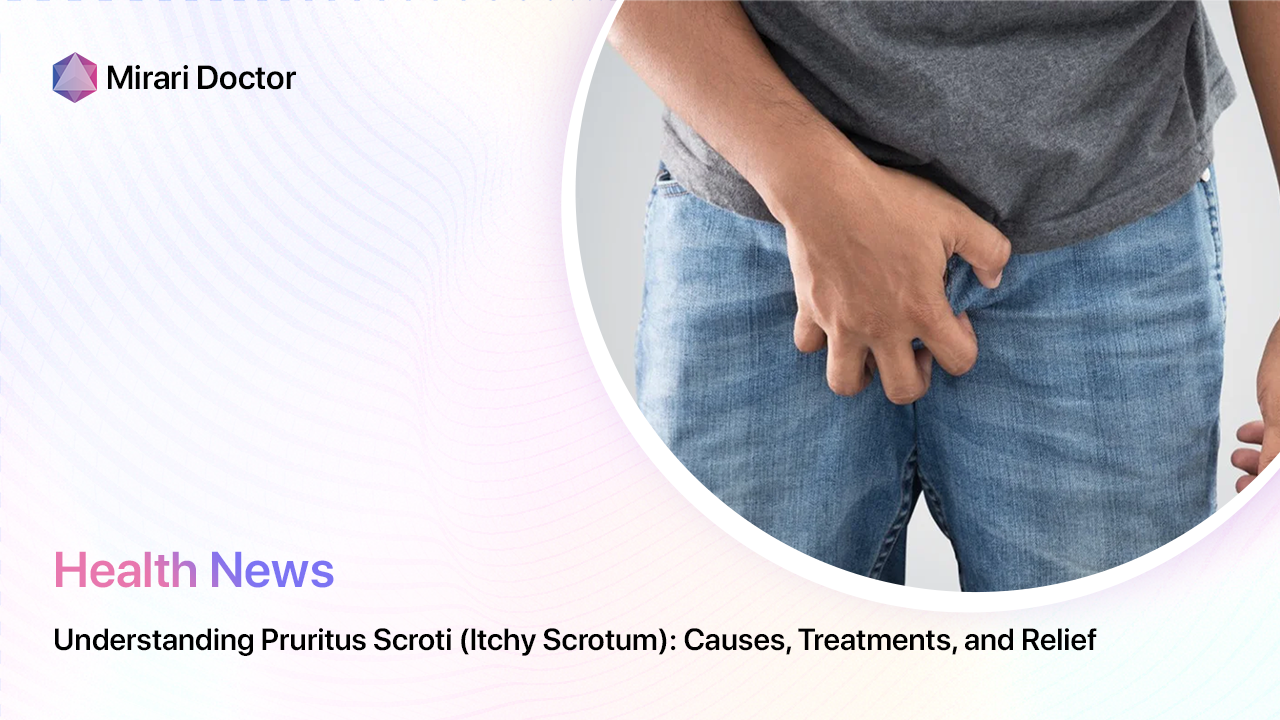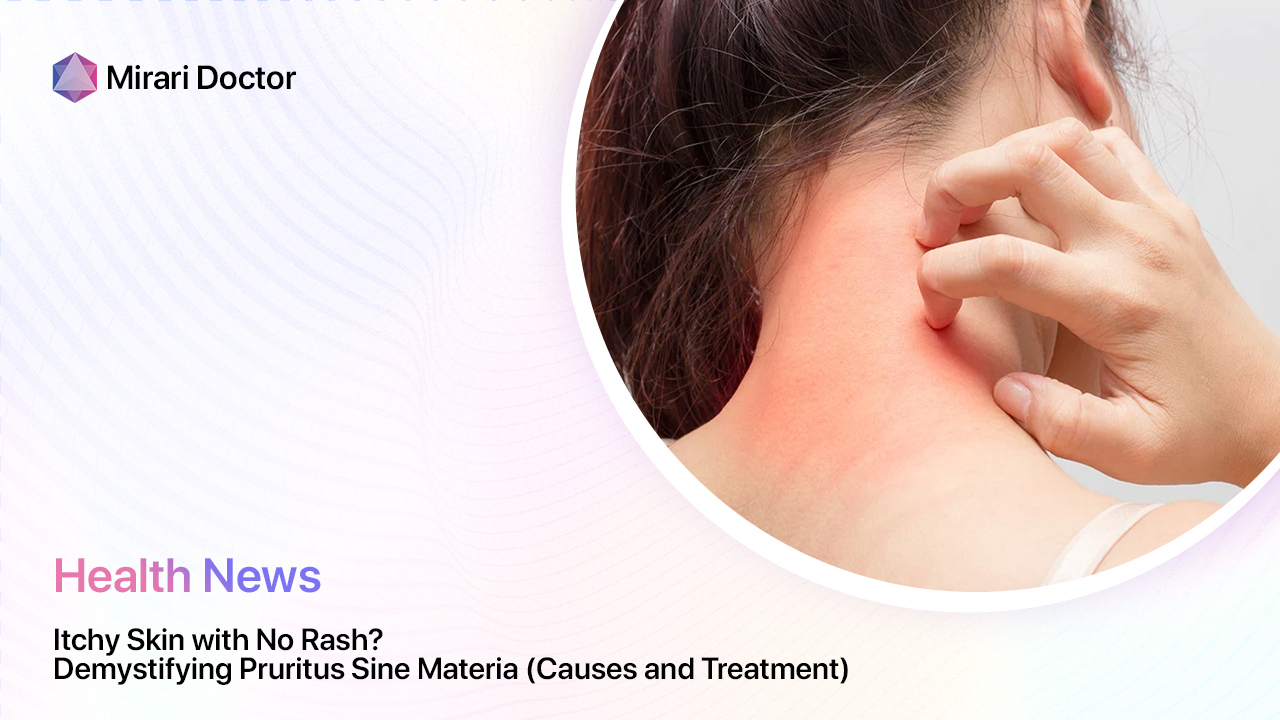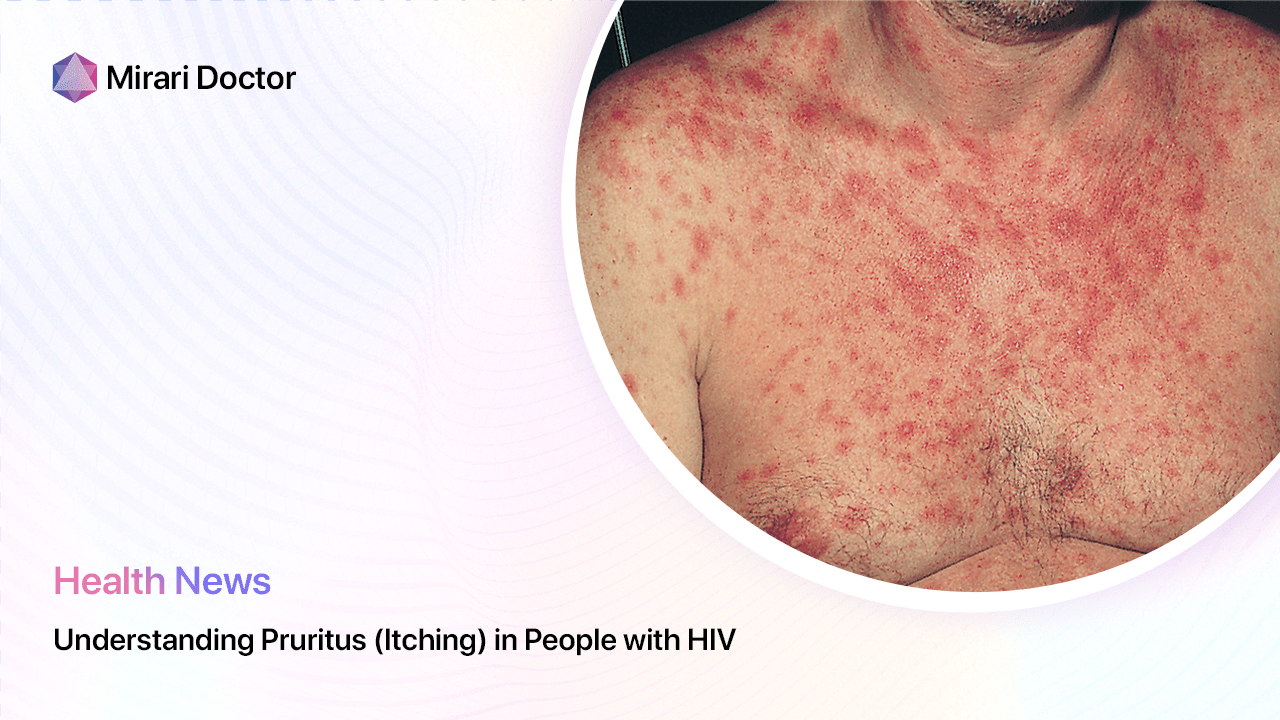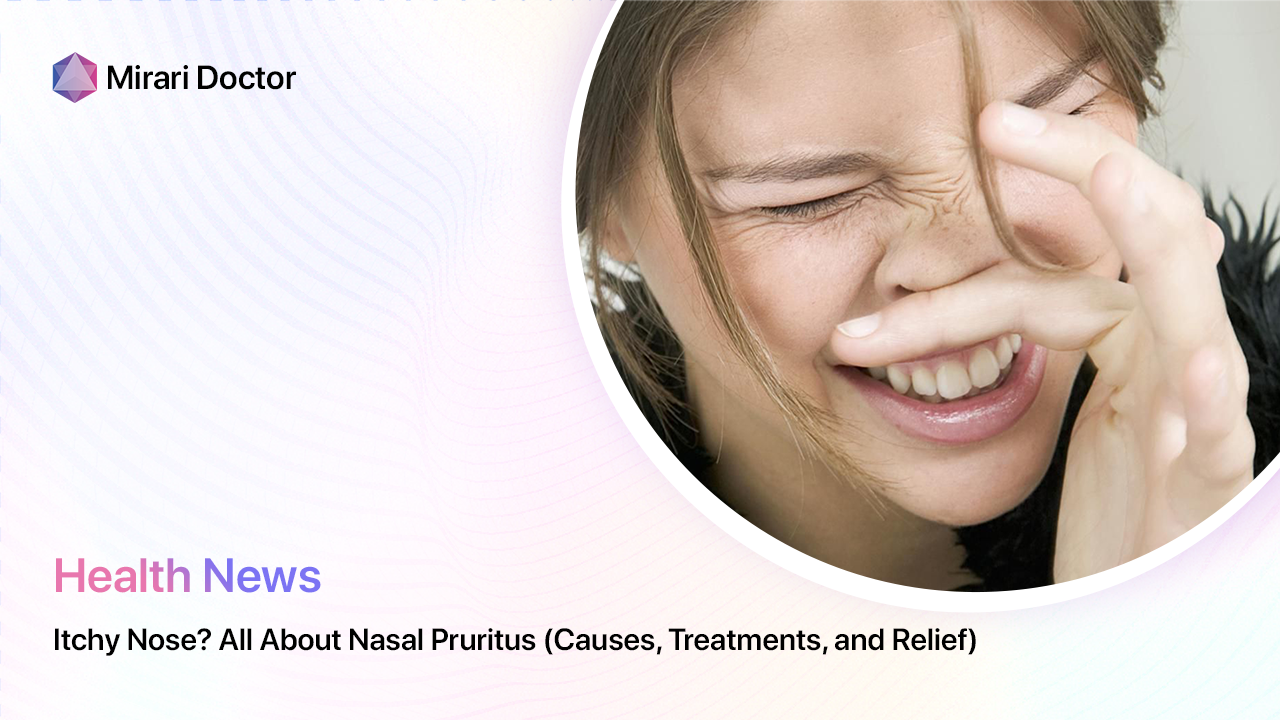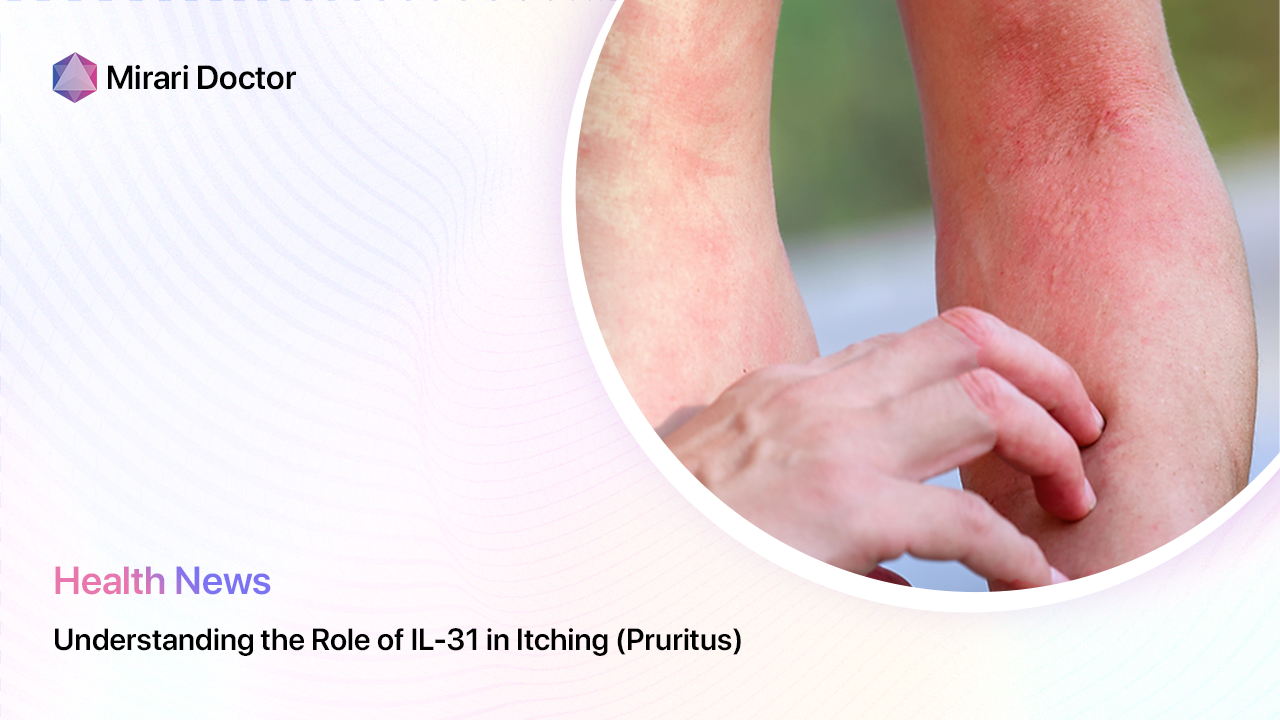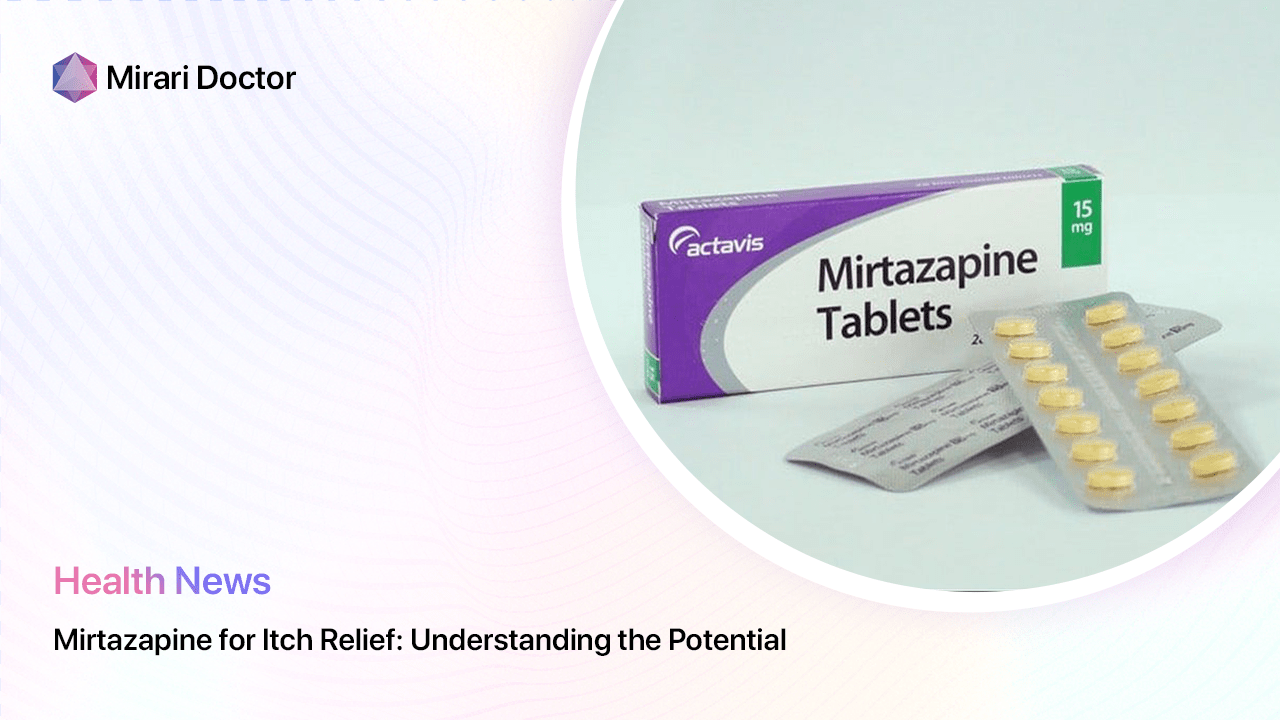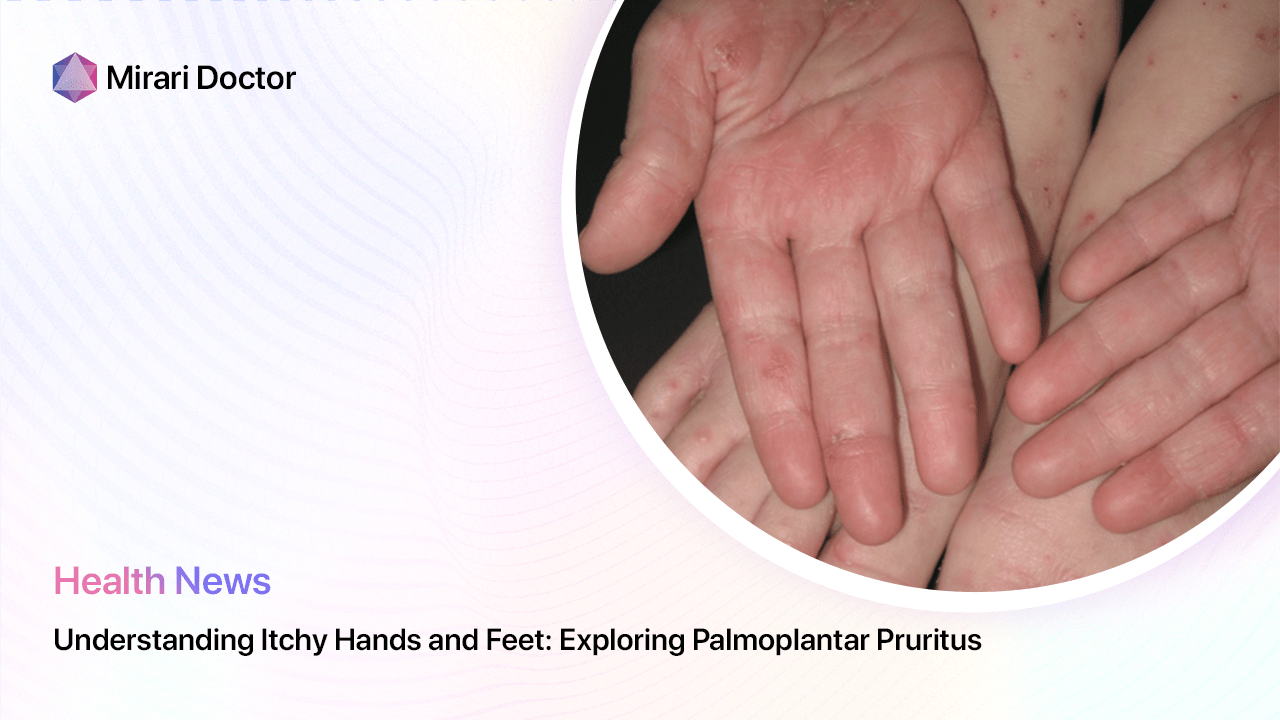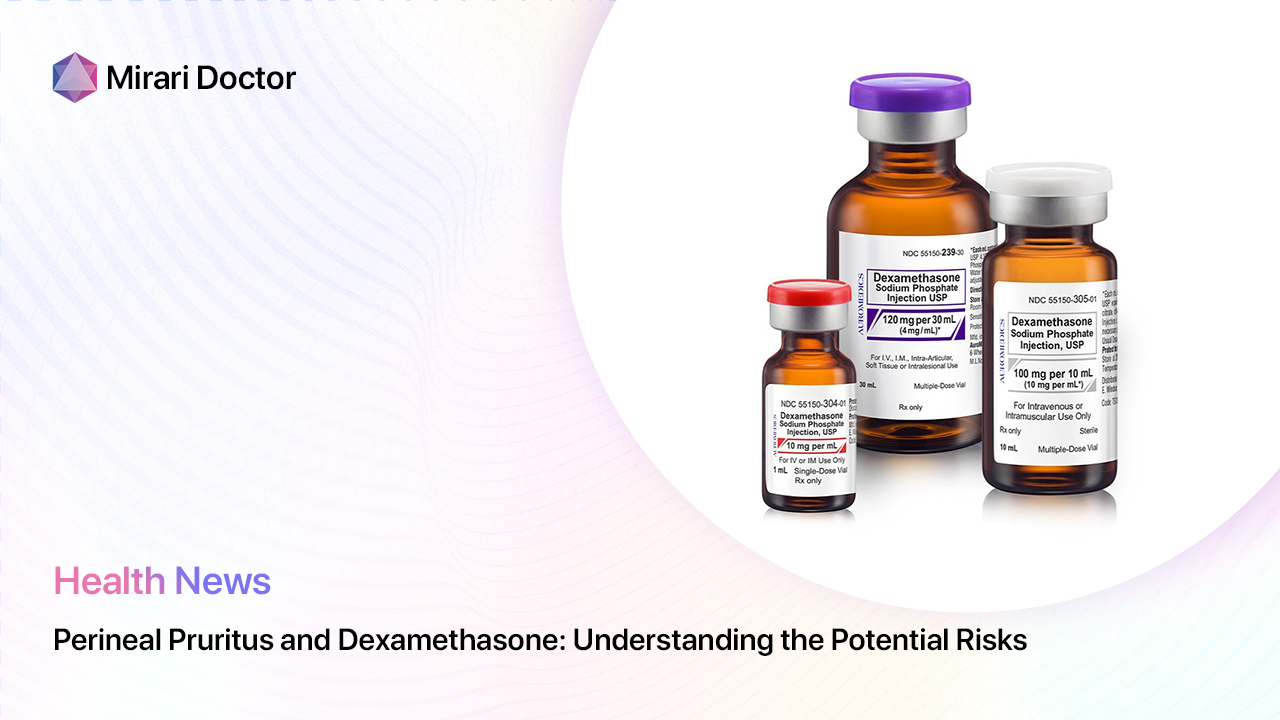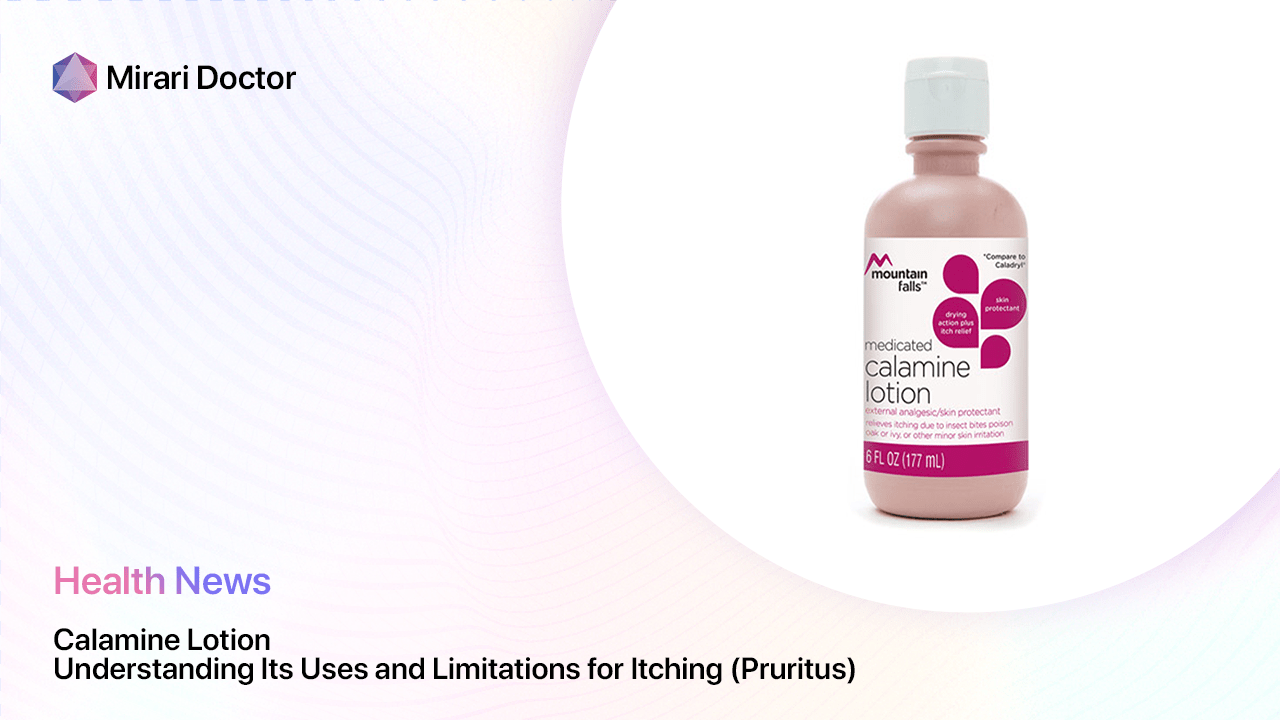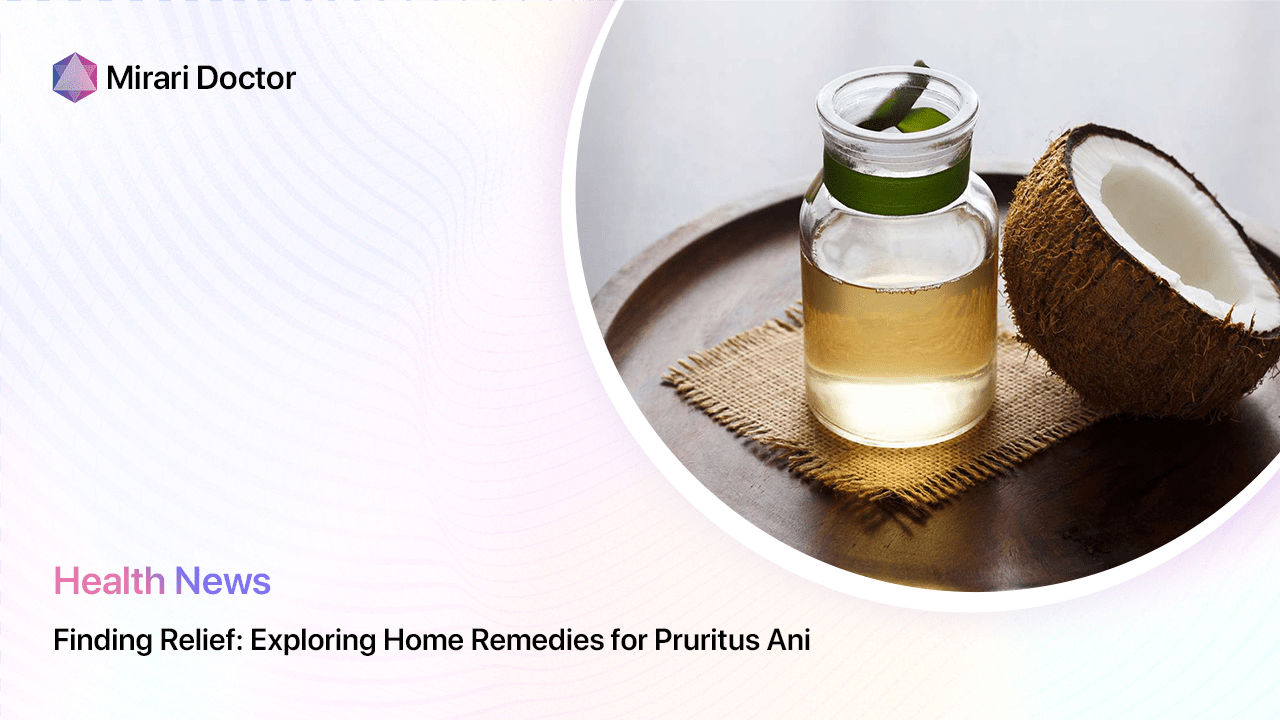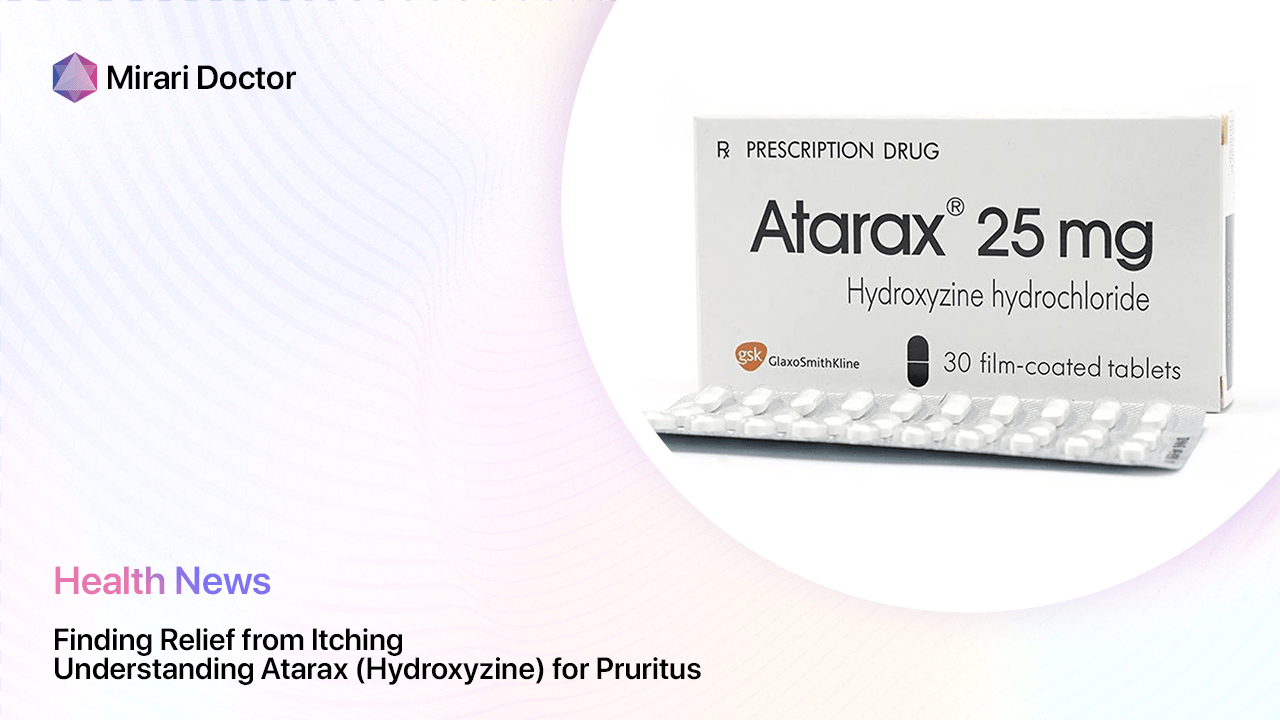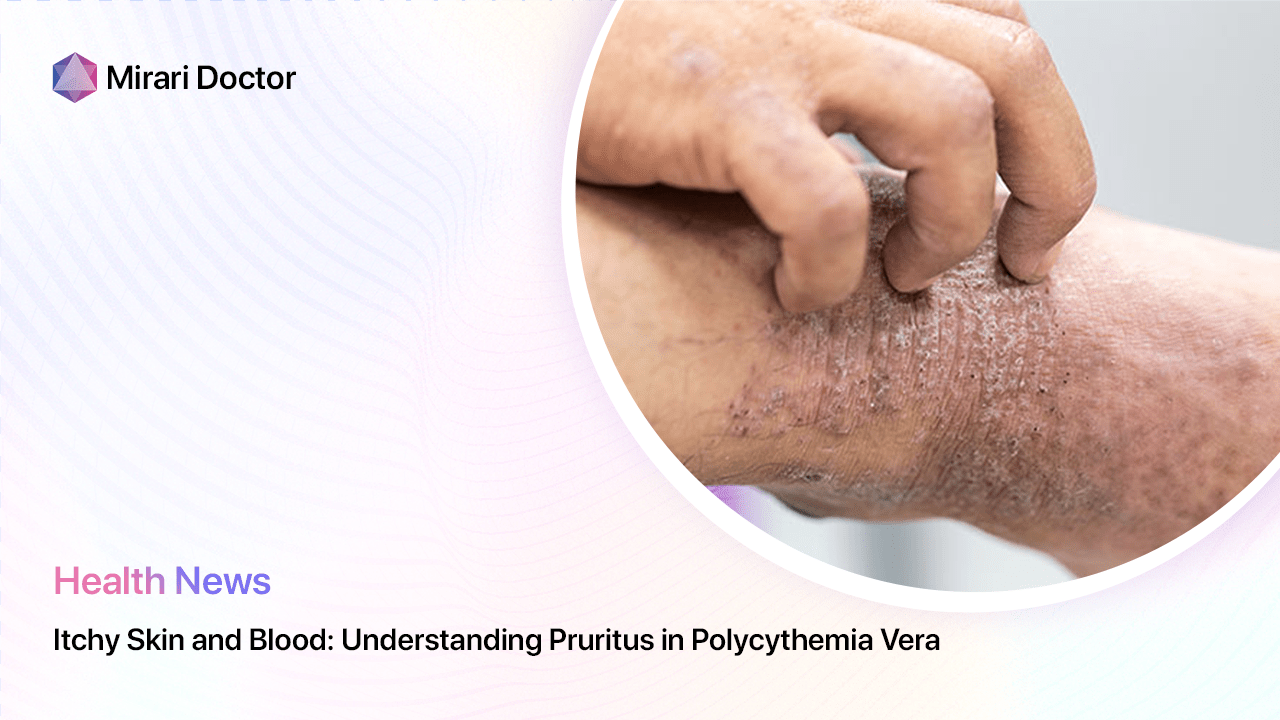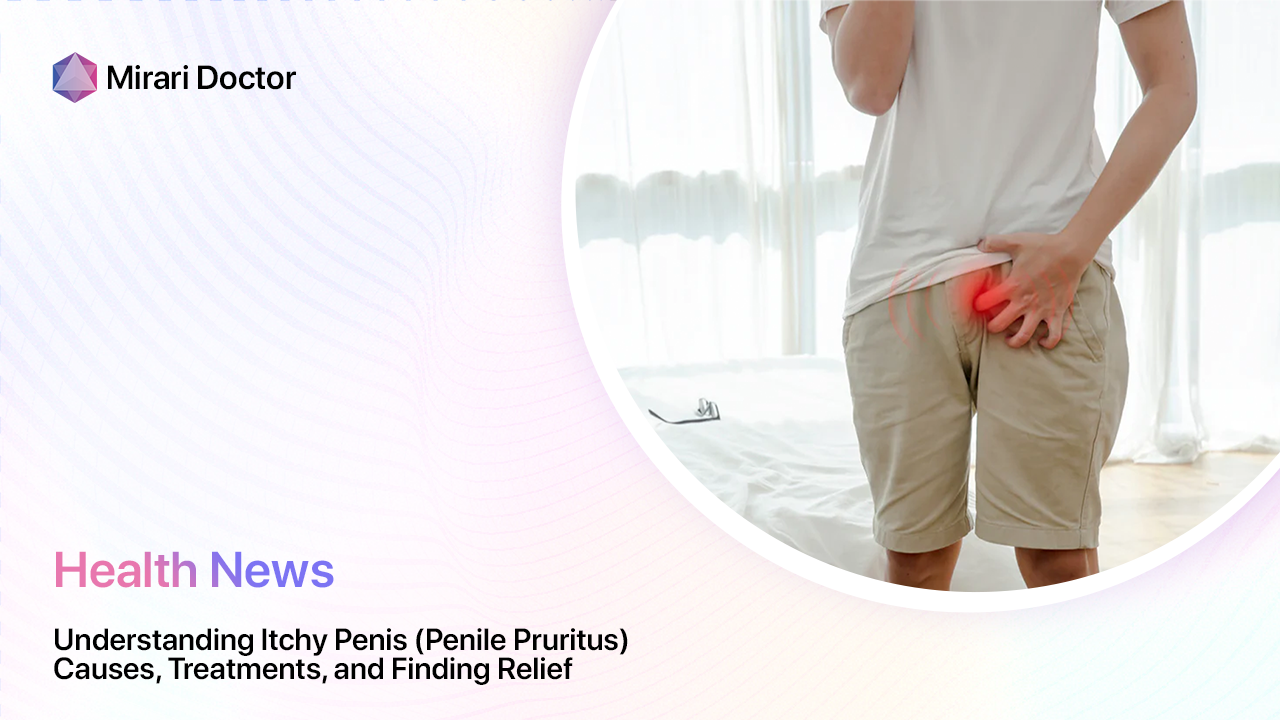
Penile pruritus, commonly known as an itchy penis, is a condition characterized by persistent and often intense itching in the penis or surrounding genital area. While it may seem like a minor annoyance, penile pruritus can significantly impact a man’s quality of life, causing discomfort, embarrassment, and even potential complications if left unaddressed.
This condition is more common than you might think, affecting men of all ages and backgrounds. The constant urge to scratch can be incredibly frustrating, disrupting daily activities, sleep, and even intimacy. Fortunately, with proper understanding and management, penile pruritus can often be resolved or alleviated.
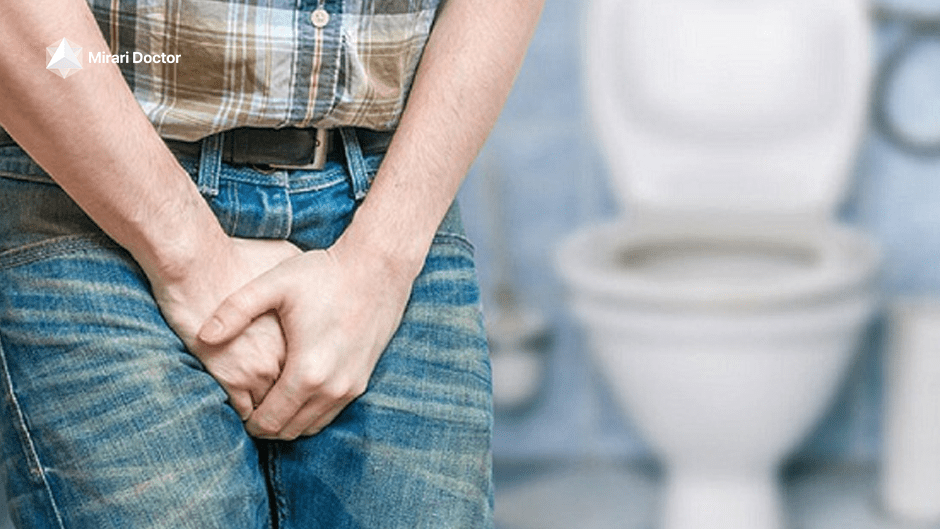
Symptoms of Itchy Penis (Penile Pruritus)
The primary symptom of penile pruritus is, of course, itching. However, the location, intensity, and accompanying symptoms can vary:
Location and Intensity of Itching
The itching may be localized to specific areas of the penis, such as the glans (head), urethra (opening), or foreskin. Alternatively, it may be generalized, affecting the entire penile skin and surrounding anogenital region.
The intensity of the itching can range from mild to severe, with some men experiencing intense, almost unbearable bouts of itching.
Presence of Rashes, Redness, or Other Skin Changes
In some cases, penile pruritus may be accompanied by visible skin changes, such as redness, swelling, flaking, or the presence of rashes or lesions on the penile skin.
Burning or Stinging Sensation
In addition to itching, some men may experience a burning or stinging sensation in the affected area, particularly during urination or sexual activity.
Frequency and Duration of Itching
The itching associated with penile pruritus can be intermittent or constant, lasting for varying durations, from a few days to weeks or even months.
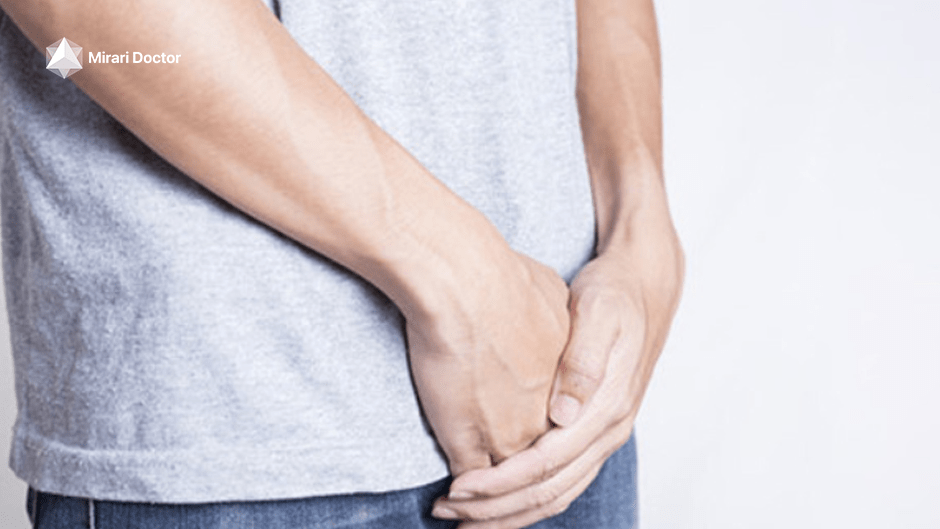
Causes of Itchy Penis (Penile Pruritus)
Penile pruritus can arise from a variety of underlying causes, ranging from skin conditions and infections to irritants and underlying medical disorders.
Skin Conditions
Certain skin conditions, such as eczema and psoriasis, can affect the genital area and lead to penile itching. These conditions may cause red, scaly patches or lesions on the penile skin.
Fungal Infections
Fungal infections like jock itch (tinea cruris) can cause intense itching, redness, and a ring-shaped rash in the groin area, potentially spreading to the penis.
Sexually Transmitted Infections (STIs)
Some sexually transmitted infections (STIs), such as genital herpes and chlamydia, can manifest with penile itching, along with other symptoms like blisters, discharge, or pain during urination.
Irritant Dermatitis
Contact with irritants like harsh soaps, detergents, lubricants, or certain fabrics can lead to irritant dermatitis, causing penile itching and skin irritation.
Underlying Medical Conditions
Certain underlying medical conditions, such as diabetes or kidney disease, can increase the risk of penile pruritus or exacerbate existing symptoms.
Less Common Causes
In rare cases, penile pruritus may be caused by infestations like lice or scabies, which can affect the genital area and cause intense itching.
Is Itchy Penis (Penile Pruritus) Contagious?
Distinguish between Contagious and Non-contagious Causes
Some causes of penile pruritus, such as certain STIs or fungal infections, are contagious and can be transmitted through sexual contact or shared personal items like towels or clothing.
However, many other causes, like skin conditions or irritant dermatitis, are not contagious and cannot be spread from person to person.
Emphasize the Importance of Consulting a Doctor for Diagnosis
It is crucial to consult a healthcare professional to determine the underlying cause of penile pruritus and whether it is contagious or not. Proper diagnosis is essential for appropriate treatment and prevention of further complications or transmission.
Treating Itchy Penis (Penile Pruritus)
The treatment for penile pruritus will depend on the underlying cause, but several options are available:
Self-care Measures
In some cases, self-care measures may provide temporary relief:
- Gentle cleansing: Use mild, fragrance-free soaps and warm water to g cleanse the affected area.
- Loose clothing: Wear loose, breathable cotton underwear and pants to minimize friction and irritation.
- Cool compresses: Applying cool, damp compresses to the affected area can help soothe itching.
Over-the-counter Medications
While it’s always advisable to consult a doctor before using any medication on the genital area, some over-the-counter options may provide relief:
- Hydrocortisone cream: Low-potency hydrocortisone creams can help reduce inflammation and itching.
- Antihistamines: Oral antihistamines may help alleviate itching caused by certain conditions.
However, it’s crucial to follow the instructions carefully and seek medical advice if symptoms persist or worsen.
Prescription Medications
Depending on the underlying cause, your healthcare provider may prescribe specific medications, such as:
- Antifungal creams or oral medications: For fungal infections like jock itch.
- Antibiotics: For bacterial infections or certain STIs.
- Topical steroids: For severe inflammation or skin conditions.
- Immunosuppressants: For autoimmune conditions like psoriasis.
Preventing Itchy Penis (Penile Pruritus)
While not all cases of penile pruritus can be prevented, there are several steps you can take to reduce your risk:
Maintaining Good Hygiene Practices
Proper hygiene is crucial for maintaining healthy penile skin. This includes:
- Gently cleansing the area daily with mild, fragrance-free soap and warm water.
- Drying the area thoroughly after bathing or showering.
- Avoiding harsh soaps, detergents, or other irritants.
Identifying and Avoiding Triggers
If you’ve experienced penile pruritus before, try to identify and avoid potential triggers, such as certain fabrics, products, or activities that may have contributed to the itching.
Managing Stress and Anxiety
Stress and anxiety can exacerbate penile pruritus, so incorporating stress-management techniques, such as exercise, meditation, or counseling, may be beneficial.
When to See a Doctor for Itchy Penis (Penile Pruritus)
While mild cases of penile pruritus may resolve with self-care measures, it’s important to seek medical attention in certain situations:
Signs of Infection
If you experience signs of infection, such as pus, discharge, or fever, seek prompt medical attention to prevent further complications.
Severe Itching that Disrupts Sleep or Daily Activities
If the itching becomes severe and disrupts your sleep or daily activities, it’s advisable to consult a healthcare professional for appropriate treatment.
Symptoms Lasting Longer than Two Weeks
If the itching persists for more than two weeks, despite self-care measures, it’s recommended to seek medical advice to identify and address the underlying cause.
Concern about Potential Sexually Transmitted Infections
If you suspect that your penile pruritus may be related to a sexually transmitted infection, it’s crucial to seek medical attention for proper diagnosis and treatment, as well as to prevent potential transmission to partners.
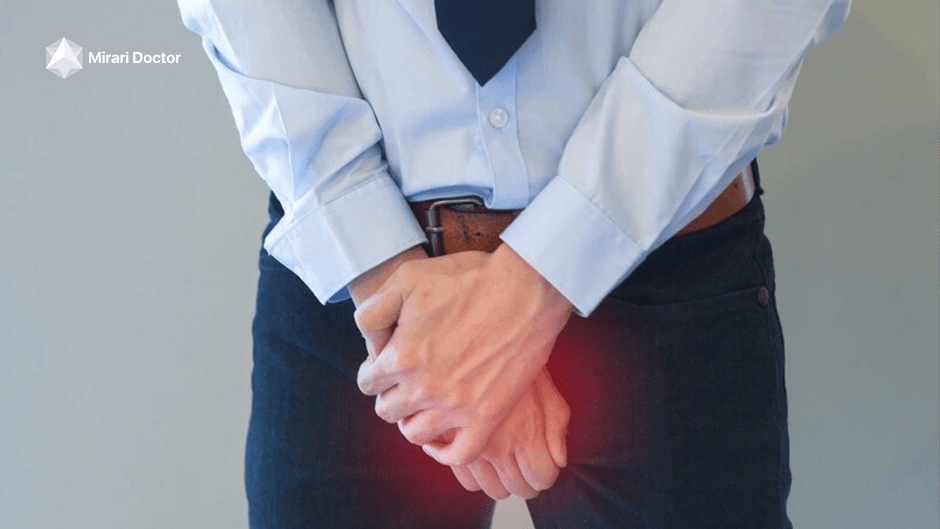
Additional Considerations for Men with Uncircumcised Penis
Proper Hygiene Practices for Foreskin Care
For men with an uncircumcised penis, proper hygiene practices are essential to prevent infections and irritation that can lead to penile pruritus. This includes:
- Gently retracting the foreskin and cleansing the area beneath with mild soap and water.
- Avoiding forceful retraction, as this can cause irritation and inflammation.
- Seeking medical advice if you experience pain, swelling, or difficulty retracting the foreskin.
“While penile pruritus can be a frustrating and embarrassing condition, it’s important to remember that it’s often manageable with proper medical care,” says Dr. John Smith, a urologist at [Reputable Medical Center]. “Persistent or severe itching should never be ignored, as it could be a sign of an underlying condition that requires prompt treatment.”
FAQs
What are some home remedies for itchy penis?
While some home remedies like cool compresses may provide temporary relief, it’s important to consult a doctor before using any product on your genitals, as some remedies can cause further irritation or complications.
Can stress cause an itchy penis?
Yes, stress can exacerbate or worsen symptoms of penile pruritus. Managing stress through techniques like exercise, meditation, or counseling may help alleviate itching.
Is itchy penis a sign of an STI?
Itchy penis can be a symptom of some sexually transmitted infections (STIs), such as genital herpes or chlamydia. However, it has many other potential causes as well. It’s essential to see a doctor for proper diagnosis and treatment.
What if I have an itchy penis and I’m not circumcised?
For men with an uncircumcised penis, proper hygiene practices, such as gently retracting and cleansing the foreskin, are crucial to prevent infections and irritation that can lead to penile pruritus. Consult a doctor for specific guidance on foreskin care and management.
When should I see a doctor about my itchy penis?
You should seek medical attention if you experience any signs of infection (pus, discharge, fever), severe itching that disrupts sleep or daily activities, or if your symptoms persist for longer than two weeks without improvement despite self-care measures.
Takeaway
- Penile pruritus, or itchy penis, is a persistent and often intense itching sensation in the penis or surrounding genital area.
- Symptoms can include rashes, redness, burning, and varying durations and intensities of itching.
- Potential causes range from skin conditions and infections to irritants and underlying medical disorders.
- Some causes, such as certain STIs, are contagious, while others are not.
- Self-care measures, over-the-counter medications, and prescription treatments may be recommended, depending on the underlying cause.
- Prevention strategies include good hygiene practices, identifying and avoiding triggers, and managing stress and anxiety.
- It’s essential to seek medical attention for persistent or severe itching, signs of infection, or concerns about potential STIs.
- For men with an uncircumcised penis, proper foreskin care and hygiene are crucial.
Remember, penile pruritus can often be managed or resolved with proper medical care and adherence to treatment recommendations. Don’t hesitate to seek professional advice, as early intervention can prevent further complications and provide lasting relief.
Related articles
Made in USA


